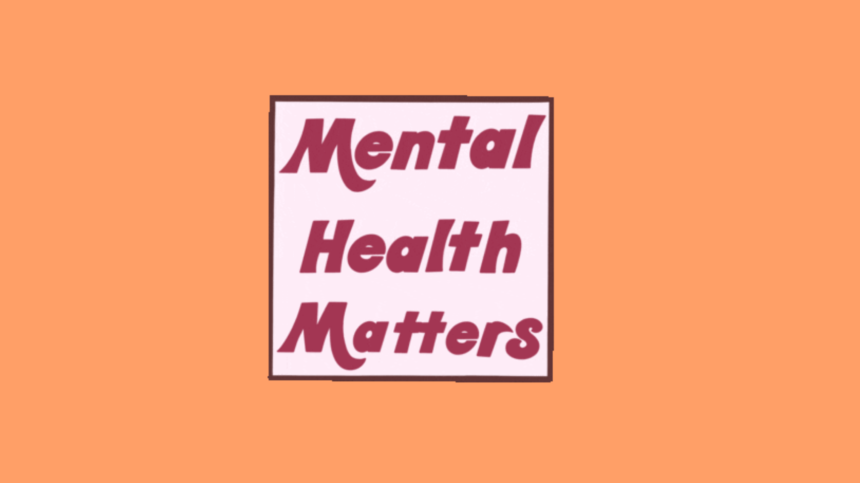
A dimly-lit hallway. The sounds of a scrambling teacher. My classmates looking at me with puzzled expressions. My first memory of living with depression and other mental health conditions is from when I was in the third grade. At this time, I did not know what depression, anxiety, or other mood disorders were, and looking back, I don’t think those around me knew much about them, either.
For a few weeks, I would cry every day right after recess. When we all lined up again, I can remember feeling the onset of tears in my throat, and once somebody spoke to me, the façade broke and I was crying. The teacher would take me by the arm and bring me to the front office, where I would ask to call my mother. They would allow it, and she would come and pick me up. After a few days of this happening, my classmates would say things like, “Are you going to cry again today?” and I remember wanting so badly, even at that age, to give them an answer – but being unable to. I really did not know if I was going to cry again that day or if I was going to be able to hold back the tears. The question they should have been asking, though, was, “Are you feeling okay?” I would not expect my third-grade classmates to have that level of emotional intelligence – but I also don’t remember one adult or trusted teacher asking me that question, either.
Years later, I was able to put a name to that emotion when it continued to manifest in my life: depression. In high-school, I struggled with insecurities, despite receiving high grades, participating in clubs, and having a great core friend group. We talked about everything – movies, games, homework, books – but not depression. Not what I was, or perhaps they were, struggling with. After a long day of being with them, I’d find myself alone in my room doing homework or lying in bed, and the loneliness was deafening because I felt I was misunderstood.
While supportive adults were around me, they never seemed to ask the right questions or spoke too much about themselves, and I continued to feel ultimately alone in my struggles with my mental health. I began journaling, a habit that would continue much into my adult years and would bring me great solace.
In college, the depression continued and intensified right before graduation. Hard for me to comprehend because everything was going so well. But I had learned that depression has no agenda: it decides when it wants to strike, and it does. There is no way to anticipate the highs and the lows. A week before graduation, I had a breakdown and am grateful for my best friend who was able to talk me through it and to cease my sobbing until the next day, when I had to read from my thesis at an honors college ceremony.
Now, as an educational leader, I still struggle with depression. The difference, though, is I am not quiet about it. I use my experience and my struggles as a touchstone for helping others know that while it may feel like the end of the world at times, the feeling will pass, and they will be stronger because of it. Looking back on my history with mental health conditions, I see that the two things that helped me most was being there for myself and not being silent about my struggles. My journey became and continues to become my fortitude. Finding the strength to commit to, and share, our stories is one way to be kind to ourselves and others.




















